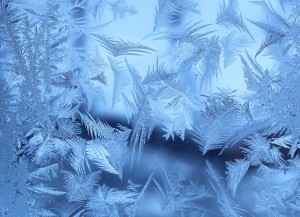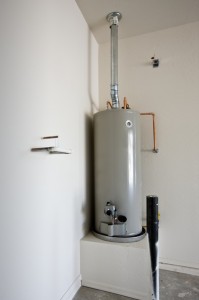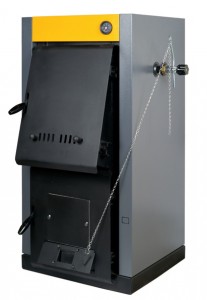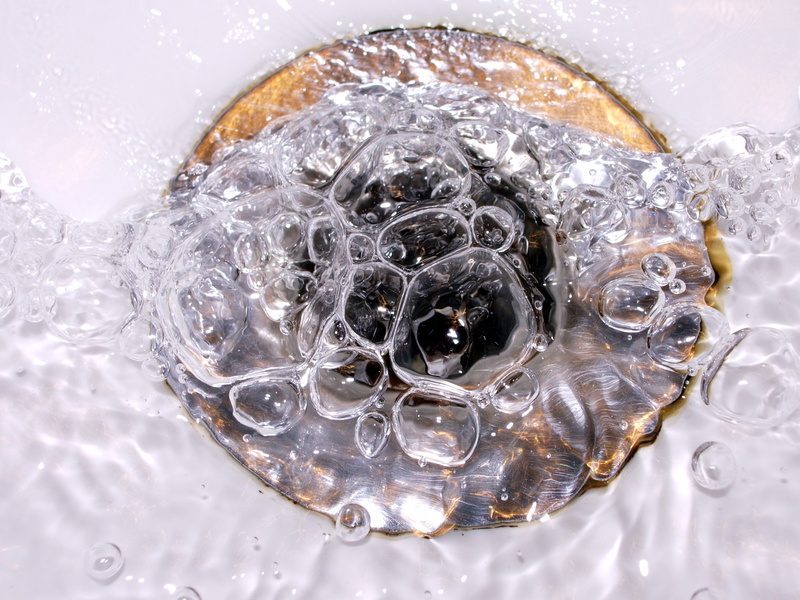 Everybody has run into a clogged drain at one time or another. They’re just “one of those things” when it comes to household inconveniences. Can’t get rid of them entirely—sometimes they just happen, and you have to deal with them using the tools you have available (a plunger, a hand-cranked drain snake, but not chemical cleaners) or else contact a plumber to take care of it.
Everybody has run into a clogged drain at one time or another. They’re just “one of those things” when it comes to household inconveniences. Can’t get rid of them entirely—sometimes they just happen, and you have to deal with them using the tools you have available (a plunger, a hand-cranked drain snake, but not chemical cleaners) or else contact a plumber to take care of it.
But what if drain clogs aren’t an occasional aggravation in your home? What if they are a continual, bonafide out-of-control nuisance that has you gritting your teeth every day?
Well, you may something more serious going on than a clot of grease or a tangle of hair in your drain. And it will probably take the work of our professional plumbers to help you out.

 One of the important services we offer at Red Rock Mechanical is
One of the important services we offer at Red Rock Mechanical is 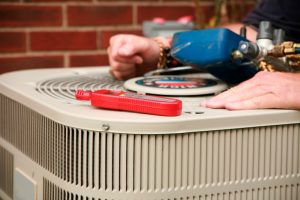 The weather is warming up here during last weeks of spring. The hot days are still yet to come as we move toward July, but you can expect to have your air conditioning system hard at work before then.
The weather is warming up here during last weeks of spring. The hot days are still yet to come as we move toward July, but you can expect to have your air conditioning system hard at work before then.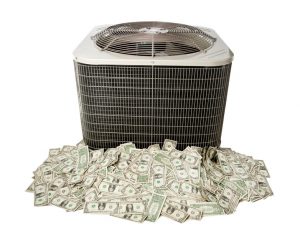 We often talk about preventive maintenance for HVAC systems during the spring and fall. These are the seasons when we experience milder weather, and that is an ideal time to have HVAC equipment worked on, repaired, or replaced. It gets a house ready in time for weather extremes and takes advantage of a generally slower time for heating and cooling professionals so it’s easier to schedule an appointment that’s convenient for you.
We often talk about preventive maintenance for HVAC systems during the spring and fall. These are the seasons when we experience milder weather, and that is an ideal time to have HVAC equipment worked on, repaired, or replaced. It gets a house ready in time for weather extremes and takes advantage of a generally slower time for heating and cooling professionals so it’s easier to schedule an appointment that’s convenient for you.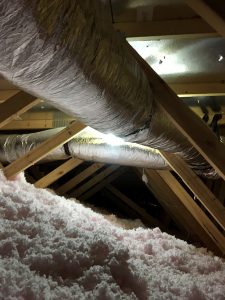 When thinking about air conditioning or heating your home, you probably don’t give much thought to one of the most vital parts of the HVAC system. The “V” in “HVAC,” which is ventilation. And for most homes—probably including yours—the ventilation system is made up of ducts constructed from sheet metal, flexible plastic and aluminum, and duct board.
When thinking about air conditioning or heating your home, you probably don’t give much thought to one of the most vital parts of the HVAC system. The “V” in “HVAC,” which is ventilation. And for most homes—probably including yours—the ventilation system is made up of ducts constructed from sheet metal, flexible plastic and aluminum, and duct board.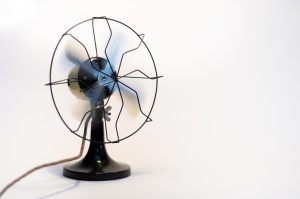 Now that spring has arrived—officially, if not as far as the weather is concerned—you’re probably making various “spring cleaning” plans and prepping your home for the middle of the year and the change in seasons. One of the important tasks to take care of is to
Now that spring has arrived—officially, if not as far as the weather is concerned—you’re probably making various “spring cleaning” plans and prepping your home for the middle of the year and the change in seasons. One of the important tasks to take care of is to 